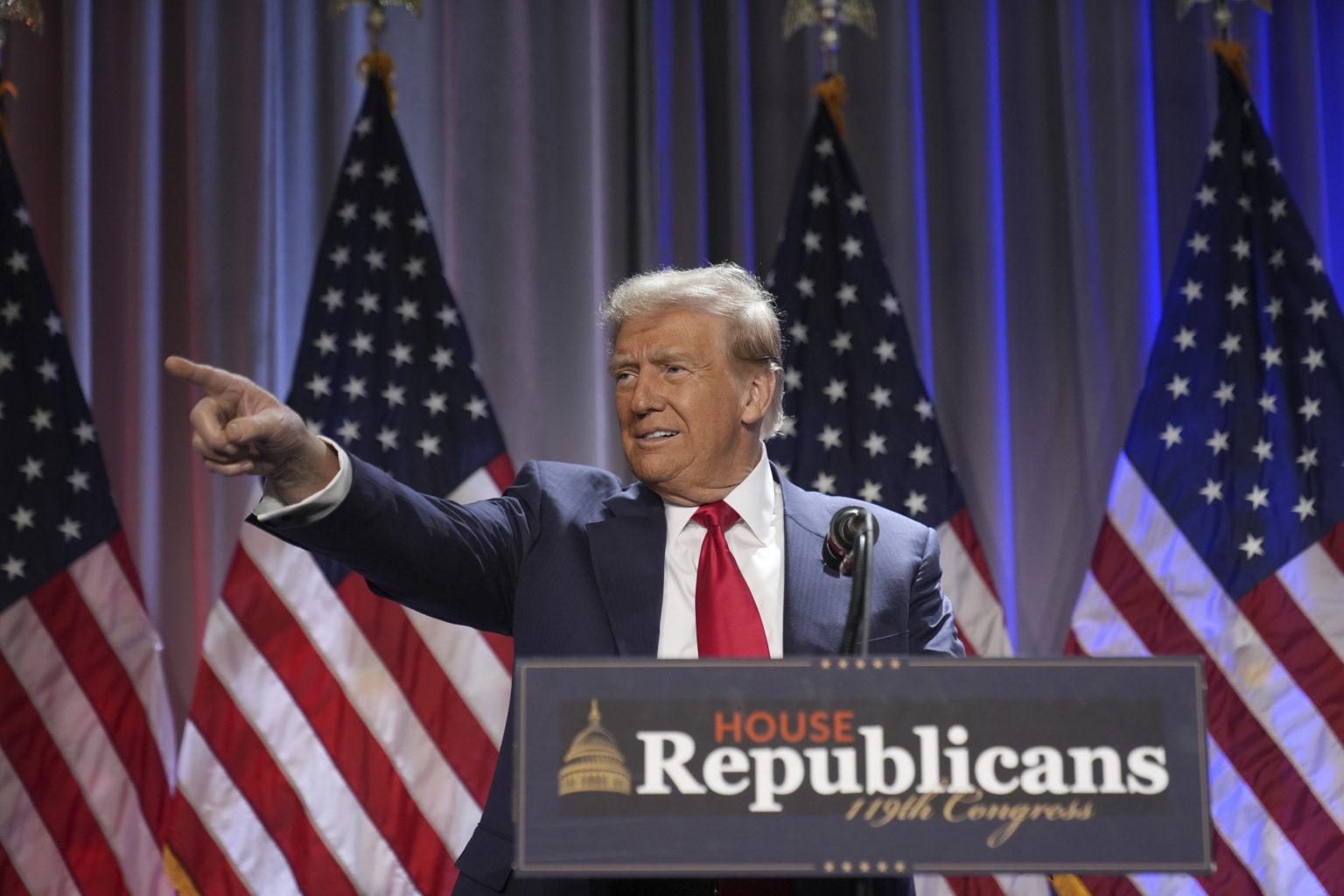President-elect Donald Trump praised Robert F. Kennedy Jr. during a speech at Mar-a-Lago, calling him an invaluable addition to his administration. Trump announced Kennedy’s nomination for Secretary of Health and Human Services, a position that has raised concerns within the public health community due to Kennedy’s promotion of anti-vaccine conspiracy theories and unproven medical treatments. Trump highlighted Kennedy’s past political endeavors and expressed confidence in his ability to make a significant impact in his new role, emphasizing the importance of health and longevity.
Reflecting on Kennedy’s unsuccessful 2024 independent presidential campaign, Trump commended Kennedy’s dedication and decision to join his administration. He acknowledged Kennedy’s popularity and influence in health-related matters, suggesting that Kennedy would play a key role in shaping policies and initiatives in areas such as women’s health. Despite initial reservations among Trump’s staff about Kennedy’s nomination, the president-elect remained steadfast in his choice, underscoring his belief in Kennedy’s capabilities. Additionally, Trump’s selection of other controversial Cabinet nominees, such as Fox News host Pete Hegseth and former Florida Representative Matt Gaetz, further exemplifies his unconventional approach to staffing key positions.
Prior to the announcement of Kennedy’s nomination, Trump revealed additional top Justice Department roles filled by his personal lawyers, including Todd Blanche, D. John Sauer, and Emil Bove. These appointments underscore Trump’s preference for loyalists and individuals who have represented him in legal matters. Blanche and Bove’s involvement in high-profile cases involving Trump, such as the Manhattan DA’s hush-money case and the special counsel’s classified documents case, showcases their commitment to defending the president’s interests. Furthermore, Sauer’s role in advocating for Trump’s immunity from criminal prosecution before the Supreme Court underscores the close relationship between the president and his legal team.
The nomination of Robert F. Kennedy Jr. for Secretary of Health and Human Services signals a shift in Trump’s approach to addressing public health issues and policies. Kennedy’s controversial views on vaccines and medical treatments raise concerns among experts and officials who worry about the impact of his leadership on critical health matters. Trump’s staunch support for Kennedy and his assurance that Kennedy would have significant autonomy in shaping health-related initiatives suggest a departure from traditional practices in appointing key administration officials. The selection of Kennedy, along with other controversial appointees, indicates Trump’s willingness to prioritize loyalty and personal connections in his staffing decisions.
Despite initial skepticism and objections from some advisers, Trump’s nomination of Kennedy reflects his confidence in his ability to lead the Health and Human Services department effectively. Kennedy’s political background and advocacy work in health-related issues provide him with a unique perspective that may influence his decision-making in the new role. The nomination of Kennedy, along with other key Justice Department appointments, underscores Trump’s strategic approach to staffing critical positions with individuals who have previously represented his interests. The controversy surrounding Kennedy’s views and past statements adds a layer of complexity to his confirmation process, highlighting the challenges and debates that may arise during his tenure as Secretary of Health and Human Services.


